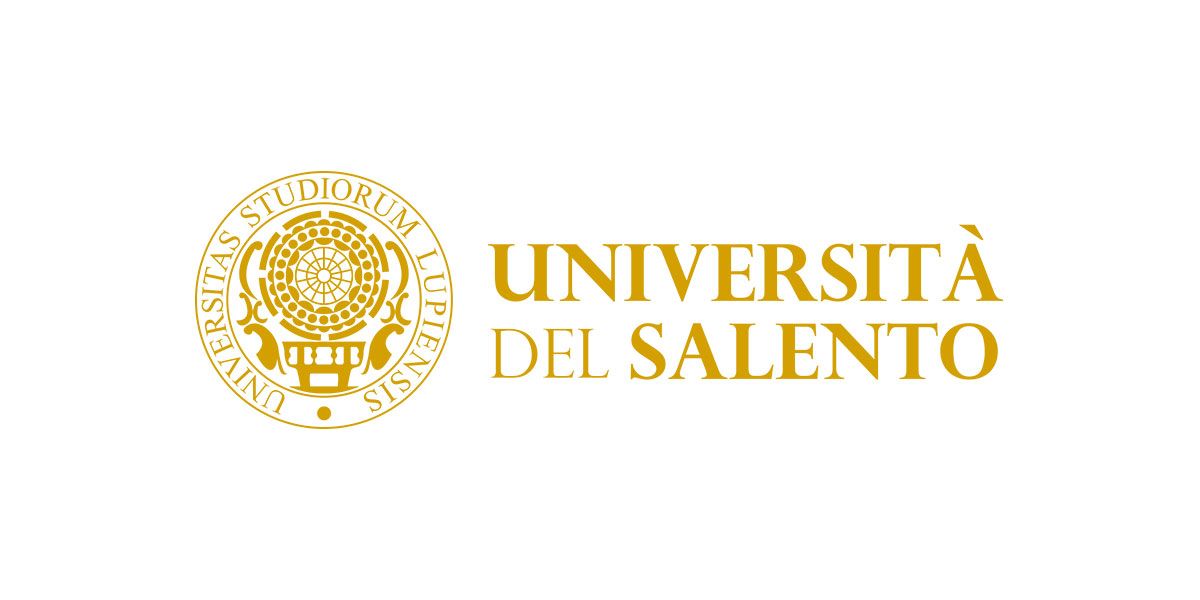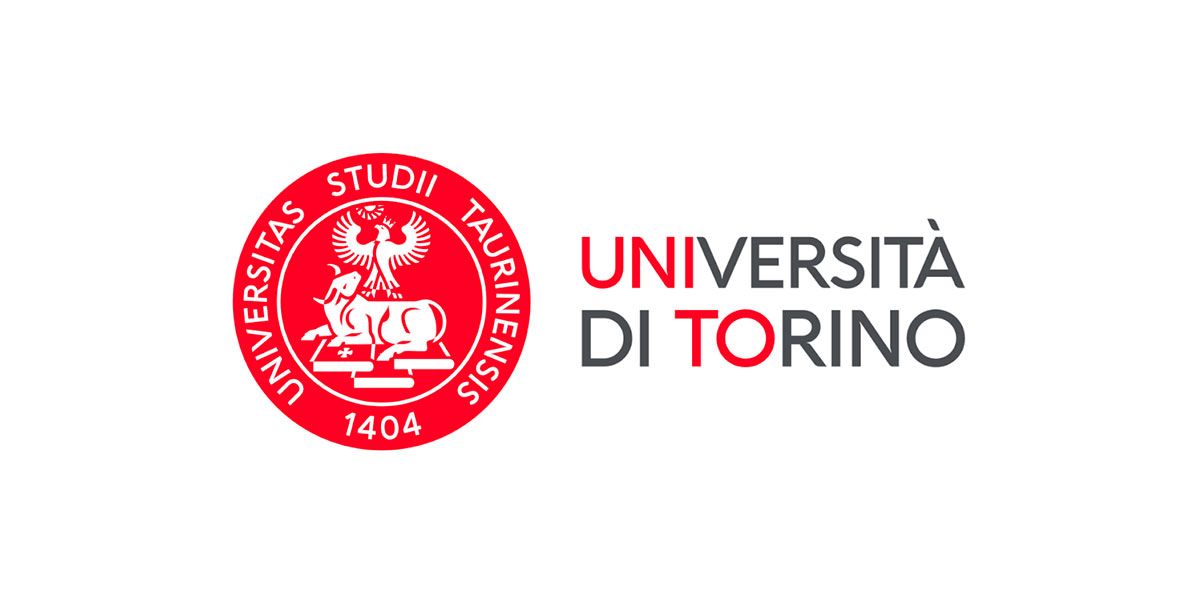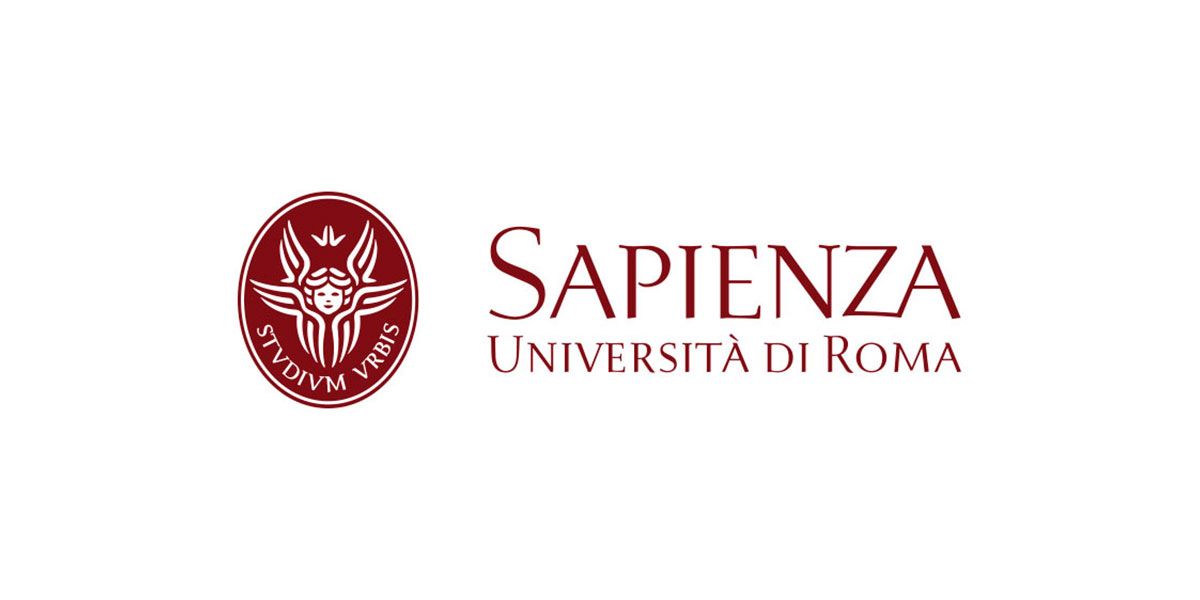Università di Torino
The Turin Unit is coordinated by Giandomenica Becchio, a historian of economics specialised in gender and feminist economics, and in European and American women economists in historical perspective.
The Unit coordinates the international part of the research; it identifies and analyses key European and American female cultural entrepreneurs; studies the bankruptcy law and procedures for the link between formal and informal rights and female entrepreneurship in Italy during the 1920s and 1930s; studies the academic writings of the Italian female scholars in social sciences (1900-1950).
The Unit includes Teodoro Dario Togati, a specialist of economic thought in England in the first half of the 20th century. They will both work on the connection between the Italian “economists” and their foreign colleagues of the time. The Unit also includes Paolo Di Martino, an economic historian focused on the impact of formal and informal institutions on female entrepreneurship in Italy. The unit includes Giovanni Pavanelli, a historian of economic thought, he will work on the identification and analysis of the academic writings of the female scholars in social sciences (1900-1950) who worked in Italian university institutes and faculties as free-lance teachers, assistants or full professors. Finally, there is Carlo Marsonet, PhD in Politics and scholar of history of political thought.

Giandomenica Becchio
Giandomenica Becchio (Ph.D. University of Florence) is Full Professor of history of economic thought, methodology of economics, and theory of entrepreneurship at the University of Torino (ESOMAS Department), Italy. Her research field includes history of political economy, Austrian economics, feminist economics, women economists’ contributions to economic thought. Supported by research fellowships, she has been visiting scholar/professor at Duke University; Yeshiva University (NYC); Hitotsubashi University (Tokyo); VSE University (Prague); Universidade Federal do Rio de Janeiro; Gender Institute at LSE; the New School for Social Research; UTS (Sydney); Wirtschaftsuniversität Wien (Vienna). She is currently the National Secretary of AISPE (Italian Association for the History of Economic Thought) and member of the Institute for Political Studies’ International Advisory Board and the Estoril Political Forum’s Board of Convenors. Her major publications include several articles published in major academic journals and three books respectively on the philosophical origin of neoliberalism as developed within the history of economic thought (Routledge 2017), and on the history of feminist and gender economics (Routledge 2020; Palgrave Springer 2024).

Paolo Di Martino

Giovanni Pavanelli

Teodoro Dario Togati

Carlo Marsonet
Carlo Marsonet obtained his PhD in Politics from Luiss “Guido Carli” University (Rome). He has been a research fellow at the Italian Institute for Historical Studies (Naples) and a postdoctoral fellow at the University of Turin. He is currently a research fellow at the Filippo Burzio Foundation (Turin) and works on History of Political Thought at IULM University (Milan). He is also an adjunct fellow at the Tocqueville-Acton Study Center (Milan).


